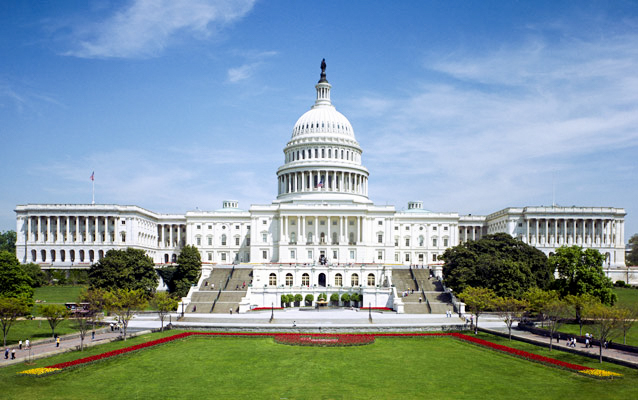The federal government is on the path to a shutdown in the wake of unsuccessful budget negotiations. If Congress does not pass a funding bill by midnight on Sunday, the end of the fiscal year, all nonessential federal services will cease until the government is funded.
To maintain conservative positions on spending, a handful of House Republicans have taken an all-or-nothing approach when it comes to negotiations with the Democratic-led Senate. Other Republicans, such as House Speaker Kevin McCarthy, believe the government staying open is more beneficial to the GOP.
“We have a number of very conservative Republicans from conservative Republican districts in the House who are holding up the process given the very small Democratic majority [in the Senate],” John Kincaid, a government and law professor, said. “They don’t have anything to lose by shutting down the government and everything to gain from their constituents.”
Lawmakers must pass 12 spending bills to fund government agencies, but a divided Congress creates gridlock during the process.
“One of the key issues is Ukraine and border security,” Kincaid said. “The conservative Republicans who want to shut down are arguing that we should not be spending money on border security for Ukraine, we should be spending that on border security for the United States.”
Government shutdowns are not a recent development. With 21 funding gaps since 1976, shutdowns of varying degrees are ingrained in the American political model.
“Most of the shutdowns we have had lasted one or two days … only a few have gone beyond that,” Kincaid said. “They are not becoming more frequent, but they are trending to be longer.”
Without funding to governmental agencies, millions of federal employees will be furloughed and essential workers will go without pay. National parks, food assistance programs and other welfare programs that care for women and children, senior citizens and veterans will be affected by the shutdown, while students applying for federal loans or Pell Grants could expect delays. Medicare, Medicaid, Social Security payments and the U.S. Postal Service are among the services that will not be affected by closures or delays.
Sophia Lombardo ‘26, a member of Lafayette Votes!, a civic engagement organization, believes everyone will eventually feel the impact of the shutdown, should it occur.
“It is something that is going to affect every single one of us, adults and children, all around the country,” Lombardo said. “Especially because it not only affects our economy but also hinders a lot of organizations that are relied on.”
A government shutdown may have economic repercussions, depending on the length and severity. Pausing services is expensive, as lost productivity by government workers and restrictions on travel and tourism translates to a shrinking economy.
“It’s going to cost billions and billions of dollars that we can’t afford,” Lombardo said. “It just seems like a reckless decision.”
The government must shut down at 12:01 a.m. on Sunday if Congress fails to appropriate money. According to the Washington Post, federal agencies began warning their employees on Thursday that the shutdown was imminent.
“It is unfortunately natural in our country,” Lombardo said. “This won’t be the last time that we’re going to have to deal with something like [this].”




























































































































Jennifer • Sep 29, 2023 at 7:14 pm
A great article! Very informative! Thank you!